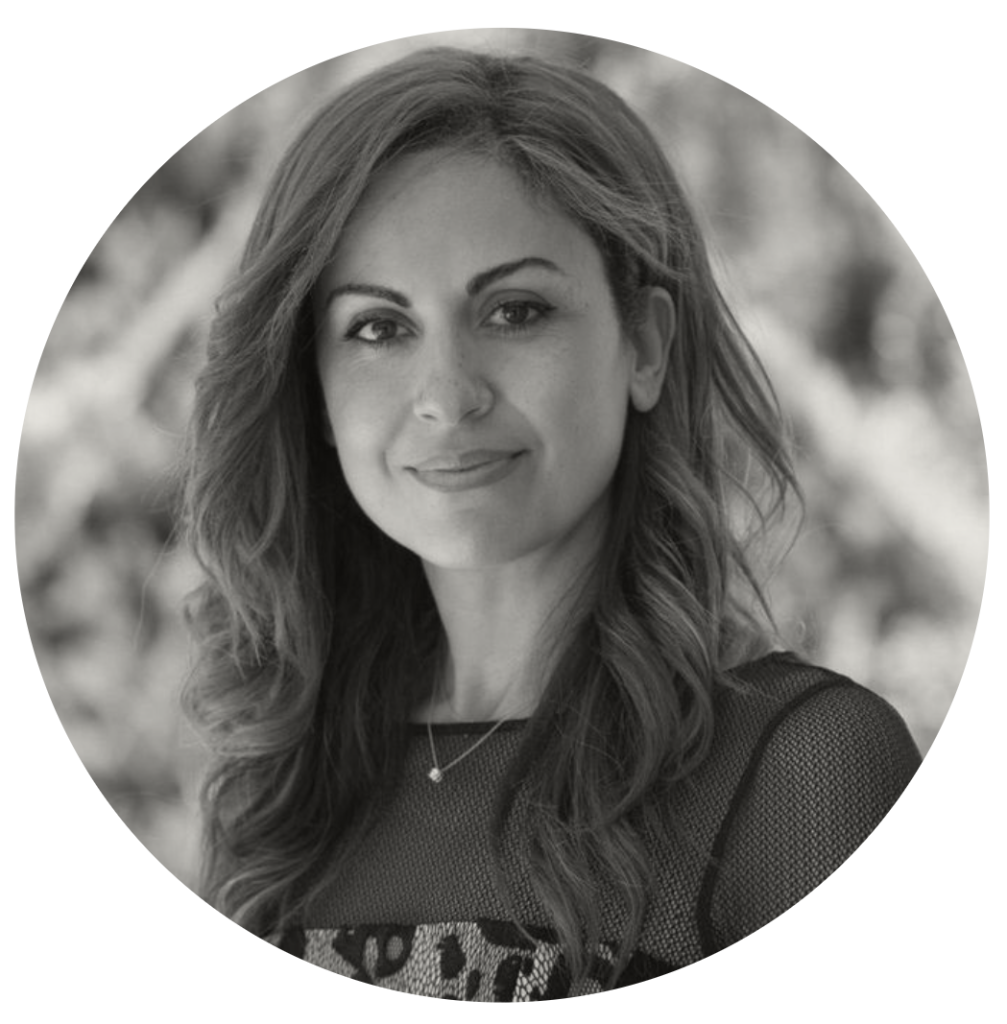
Prof. Dikaia Chatziefstathiou
Professor of Applied Olympic Studies at Canterbury Christ Church University. She is the Founder and Director of the Sport, Human Rights & Safeguarding Research Group. Her books include Discourses of Olympism: From the Sorbonne 1894 to London 2012.
Email: Dikaia.Chatziefstathiou@canterbury.ac.uk
Twitter: @dikaiac
Paris 2024 was “the most complex event ever organised in France,” admitted Tony Estanguet, President of the Paris Organising Committee, one day before the Closing Ceremony. The Games will be memorable for historical novelties such as the Opening Ceremony that took place outside the stadium for the first time in the history of the Olympics with the athletes parading on boats in river Seine, as well as the temporary sports venues situated in iconic landmarks of the ‘City of Light’, e.g., beach volleyball at the Eiffel Tower, equestrian events at the Palace of Versailles, fencing and taekwondo at the Grand Palais.
But, as I reiterated in one of my TV commentaries for France 24, each version of the Games also unpacks several controversies. One of the ‘loudest’ attached to the fabric of the Paris event was over the gender eligibility criteria for women’s boxing (and beyond) when the Italian boxer Angela Carini gave up just after 46 seconds into the match with the Algerian Imane Khelif. There were claims that Khelif and Taiwan’s Lin Yu-ting should not have qualified for Paris 2024 as they had been banned from participating in the 2023 IBA World Championship after failing sex verification tests, the validity of which has been largely questioned and disputed. The tests were conducted by the International Boxing Association (IBA), whose recognition was withdrawn by the International Olympic Committee (IOC) in 2023 following its suspension in 2019 over its failure to implement reforms on governance and finance. Boxing at the Olympics was organized by the Paris 2024 Boxing Unit (PBU). What we saw unfolding during the Paris Games was a ‘ping pong’ of statements between the IOC and the IBA. The IBA hosted a two-hour press conference in Paris just 24 hours before Khelif’s scheduled semi-final against Janjaem Suwannapheng. The press conference was described by journalists as “extraordinary, chaotic and shambolic.”
These conflicts are related to a larger discussion concerning sex differences, gender identity, and Olympic participation. The IOC Framework on Fairness, Inclusion and Non-Discrimination on the Basis of Gender Identity and Sex Variations(2021) was released four months after the 2020 Tokyo Olympics. The IOC encouraged each sport to create its own rules based on the ten inclusion and non-discrimination principles, rather than providing clear guidelines for gender-based participation in elite sports. The European Federation of Sports Medicine Associations (EFSMA) and the International Federation of Sports Medicine (FIMS) responded by releasing a joint statement denouncing the IOC for releasing a framework that prioritizes human rights over medical and scientific considerations. FIMS and EFSMA stated, “it is essential that multisport international organisations such as the IOC take the responsibility to set standards and expectations based on competitive fairness and the best available science that all International Federations (IFs) can follow.”
Thus, what we saw at the Paris Games was that: a) there was a governance issue between the IOC and the IBA; and b) there was a gender eligibility gap that necessitated the creation of a more robust and clear policy. These issues culminated in abuse and hate speech unfairly directed towards the athletes, especially Imane Khelif.
Another controversy was the debate over the importance of universality, as seen by the viewers’ varying responses to the Opening Ceremony. The exhibition of scenes illustrating trans dramaturgy and symbolisms caused a rift in terms of religion and culture. One thing is certain, despite the drag queens’ questionable intentions — whether they were celebrating the pagan god of indulgence or purposefully mocking the Last Supper — the Olympics have a wide range of cultural connotations and values in the modern world. As I have argued and evidenced in my book, Discourses of Olympism, building consensus around the Olympic ideals is one of the main challenges facing those who cherish the Games in a multicultural and multipolar world. This construction can only be accomplished by creating avenues for communication between the different parties; it should be viewed as a process rather than a final product because, as the Olympic Movement’s last century has shown, change is one of the few constants that can be relied upon. Olympism as an ‘ideal’ may in such circumstances be defined, not as a set of immutable values, but as a process for consensus construction in terms of values in the world of global sport. A broadly humanistic interpretation of shared values in sport and the Olympics is what our times require. This expression should be the result of negotiated consensus that settles on general statements of values but allows them to be interpreted in various ways depending on the socio-political context. A shared space can be achieved with good faith for harmony, diversity, but also as Kleovoulos o Lindios advised in the sixth century B.C., “all in good measure” (πᾶν μέτρον ἄριστον).
Even with all the ideological conflicts and pluralist issues that coexist in the one worldwide cultural arena that is the Olympics, humanity can still benefit greatly from its ideals. The Olympics are still one of the biggest mega-events in modern history, and they could still provide a platform for opposing worldviews and epistemologies.

